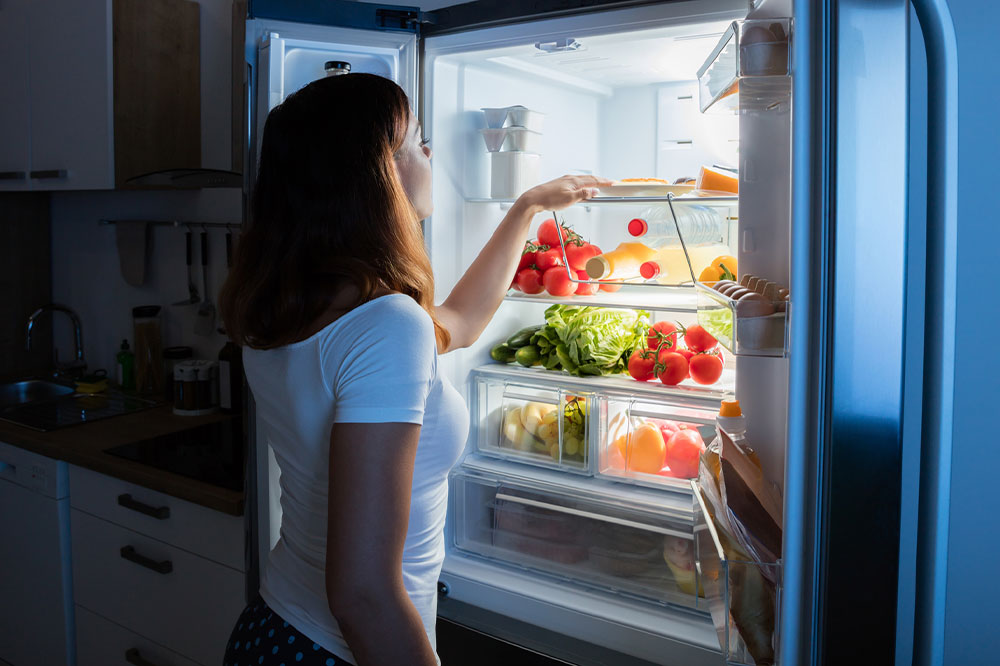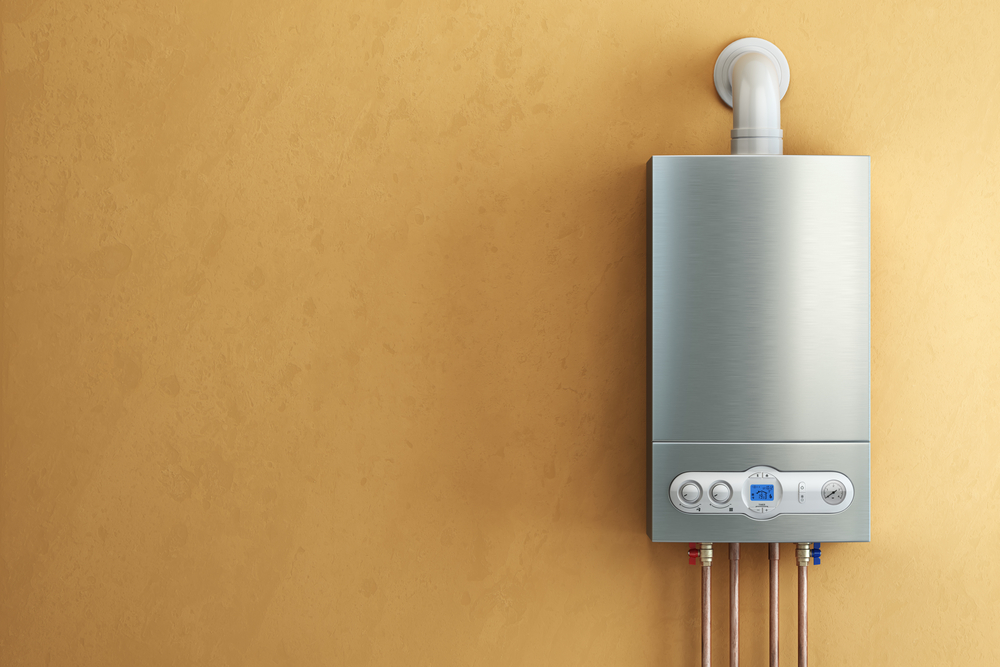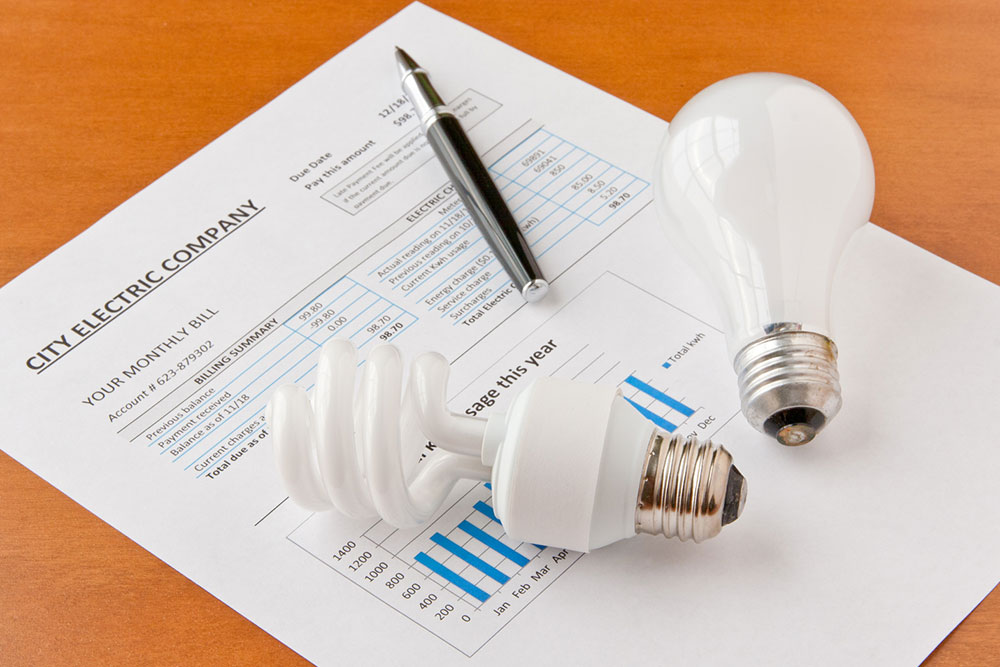Environmental Impact of Refrigerators and Sustainable Cooling Solutions
Refrigerators are essential but have significant environmental impacts due to high energy consumption and refrigerant gases that harm the ozone layer and contribute to global warming. This comprehensive article explores the evolution of refrigerants, including eco-friendly natural options like ammonia, hydrocarbons, and CO2, and highlights innovative, energy-efficient refrigerator technologies. It emphasizes the importance of responsible disposal and recycling practices to reduce environmental harm. Transitioning to sustainable cooling solutions requires collaboration among consumers, manufacturers, and policymakers to minimize ecological footprints and promote climate health.

The Environmental Impact of Refrigerators and the Shift Toward Sustainable Cooling Technologies
Refrigerators have become indispensable appliances in modern households, providing a reliable means to preserve food and keep beverages chilled. Despite their undeniable convenience, these appliances are significant contributors to environmental pollution and climate change. Their high energy consumption and the use of refrigerant gases that impact the ozone layer and trap heat in the atmosphere are primary concerns. This extensive review explores the environmental footprint of traditional refrigerators, the evolution of refrigerant technologies, and innovative sustainable alternatives aimed at reducing ecological harm while maintaining efficiency.
Traditional refrigerators operate via a complex cycle involving refrigerant gases that absorb and release heat. Early models used chlorofluorocarbons (CFCs), which, once released into the atmosphere, broke down ozone molecules, severely damaging the ozone layer and increasing ultraviolet radiation reaching the Earth’s surface. The global community recognized this danger, leading to the Montreal Protocol of 1987, which mandated the phasing out of CFCs in favor of less harmful substances. However, the substitutes—hydrochlorofluorocarbons (HCFCs) and hydrofluorocarbons (HFCs)—though less ozone-depleting, are potent greenhouse gases with high global warming potential (GWP). Their emission from refrigeration units contributes significantly to climate change, as these gases trap heat in the earth’s atmosphere.
As awareness of environmental issues has increased, research has intensified to develop eco-friendly refrigerants. The emerging natural refrigerants—such as ammonia, hydrocarbons like propane and isobutane, and carbon dioxide (CO2)—offer promising alternatives due to their low GWP and minimal ozone depletion potential. These refrigerants not only pose less harm to the environment but can also improve energy efficiency if integrated properly into refrigeration systems. Nevertheless, there are technical hurdles: ammonia, for example, is toxic and flammable; hydrocarbons are also flammable, requiring stringent safety standards; and CO2 systems often operate at higher pressures, demanding robust design modifications.
In addition to refrigerant improvements, the design of refrigerators and cooling systems is evolving toward greater energy efficiency. Modern appliances feature advanced insulation materials, variable-speed compressors, and smarter controls to minimize electricity consumption. Consumers are encouraged to purchase ENERGY STAR-rated appliances certified for high energy conservation. Such appliances help reduce overall carbon footprint and lower electricity bills. Proper maintenance—such as regular cleaning of coils, sealing leaks, and ensuring optimal door seals—can further enhance efficiency and prolong appliance lifespan.
End-of-life disposal and recycling of refrigerators play a crucial role in mitigating environmental impact. Proper recycling prevents the release of refrigerant gases into the atmosphere and recovers valuable materials like metals and plastics, reducing the need for virgin resource extraction. Many countries have established collection programs and recycling facilities to ensure environmentally responsible disposal of old appliances.
In conclusion, while refrigerators are vital for modern living, their environmental footprint cannot be ignored. Transitioning to eco-friendly refrigerants, advancing energy-efficient designs, and adopting responsible disposal practices are essential steps toward sustainable cooling solutions. As technology advances and awareness grows, consumers, manufacturers, and policymakers must collaborate to promote environmentally responsible refrigeration, helping to combat climate change and protect our planet for future generations.





